Expert witnesses are called upon to provide expert opinions on complex topics that require detailed subject knowledge and can provide context to the facts in a given case or Legionnaires’ claim.
Legionnaires’ Disease:
The Importance of Experts in a Legionnaires’ Disease Claim
An expert witness is a person who has specialized knowledge of a particular subject beyond that of the average person by virtue of his or her education, training, skill or practical experience.
Expert witnesses are called upon to provide expert opinions on complex topics that require detailed subject knowledge and can provide context to the facts in a given case or Legionnaires’ claim. Experts are often called upon to provide opinions and testify in depositions and trials in order to present their opinions on specific subjects within the scope of their expertise.
Under the United States’ Federal Rule of Evidence 702 (FRE), an expert witness must be qualified in the subject matter relating to the case being adjudicated. The expert’s testimony must be based on the relevant facts in evidence, and he or she must offer an opinion about the causation or correlation to the evidence when drawing a conclusion.
Experts are important in issues arising from claims of Legionnaires’ disease because, in order for a claim to be verified, four questions need to be answered as conclusively as possible:
- Was the agent responsible for Legionnaires’ disease – the Legionella bacteria – present?
- Was there a route of exposure for the agent, e.g. a water supply or similar conduit, available to reach the claimant?
- Did the agent get into the claimant’s body?
- If the agent did enter the claimant’s body, did it cause a detrimental effect, i.e. Legionnaires’ disease?
The Need for Different Types of Experts
It is easy to understand that for the third and fourth question to be answered, the testimony of a qualified physician is of the utmost importance. An expert witness in this situation should be a respected member of the medical community who deals with the diagnosis and treatment of Legionnaires’ disease. In most cases this expert witness should be also be residency trained and board certified in his or her specialty.
However, unless the first two questions are answered conclusively, the testimony of a medical expert regarding the last two questions is largely irrelevant for the purposes of assigning blame and/or awarding a claim. Therefore, in order to address questions one and two, an expert in the area of infectious diseases, an occupational and environmental physician trained in preventive medicine, or an industrial hygienist must first ascertain and testify that the source of the Legionella infection was indeed present and that a route of exposure existed. So, while physician specialists are usually used as expert witnesses to determine diagnosis and treatment, causation must first be verified by a different type of expert.
Indeed, there have been examples wherein the testimonies of medical experts have not been enough to convince a court that a damage claim for Legionnaires’ disease should be awarded. In one particular case, a trial court deemed that the expert opinions of two microbiologists were insufficient to establish that a property management company had a duty to exercise a “standard of care” in preventing the transmission of Legionella bacteria, even though it was proved that the claimant did, in fact, have the disease. Had the claimant relied upon the expert testimony of a qualified industrial hygienist, for example, the outcome of the case might have been different.
Opposing Experts

In contrast, some years ago, in Eau Claire, Wisconsin, a trial jury found a Holiday Inn Hotel liable for the death of four people and the illness of 20 others, after an expert witness for the plaintiffs testified that the hotel should have checked its water cooling system – which was discovered to be the transmission conduit for the Legionella bacteria – and thus did not exercise a reasonable “standard of care” for its guests.
In a similar case, a man attending his high school reunion held at a national hotel chain in South Carolina was exposed to the Legionella bacteria and contracted Legionnaires’ disease. An aquatics safety expert was retained to determine if the operation of the hotel hot tub violated the “standard of care,” and was dangerous in a manner that caused the transmission of the bacteria, and thus, the disease. The expert testified that the hotel did, indeed, fail to properly maintain its hot tub by not testing its chemicals on a frequent enough basis to assure that the proper levels of chlorine were being administered.
Claimants who hire expert witnesses to bolster their cases, should always assume that any company or organization that has been accused of exposing the public to the Legionella bacteria, will, in turn, be on the lookout for their own expert witnesses in order to rebut any testimony that a plaintiff may present. In these situations, it will be up to a judge or jury to decide which expert witness to believe.
While expert witnesses may be costly, they are often an essential element of a Legionnaires’ disease claim, since establishing the causal connection between a diagnosis and a the source of the disease is key in determining if a defendant can be held liable.
Pursuing Legionnaires’ Claims
We are ready to assist you in the evaluation, formation and presentation of your Legionnaires’ disease cases, including the engagement of any necessary expert. Please contact us so that we may review your situation and advise you regarding the most appropriate measures to take.
Do You Have a Case?
Are You Entitled to Compensation?
Contact The Legionnaires’ Lawyer for a Free Consultation
You pay absolutely nothing unless we are able to receive a settlement or jury award for your case.

